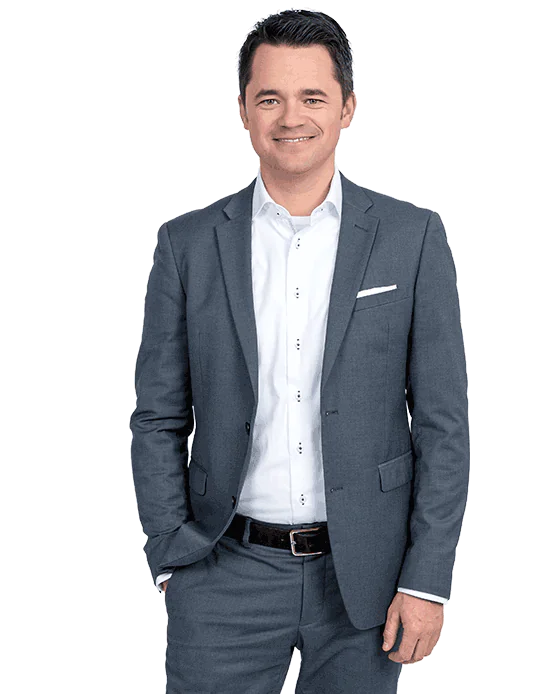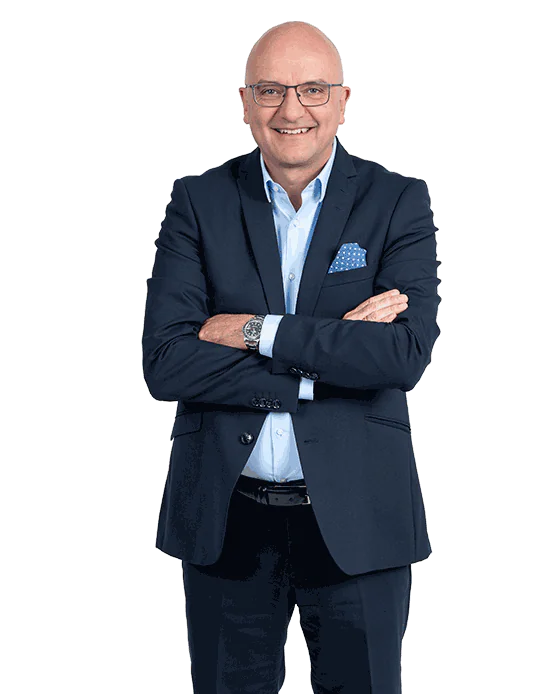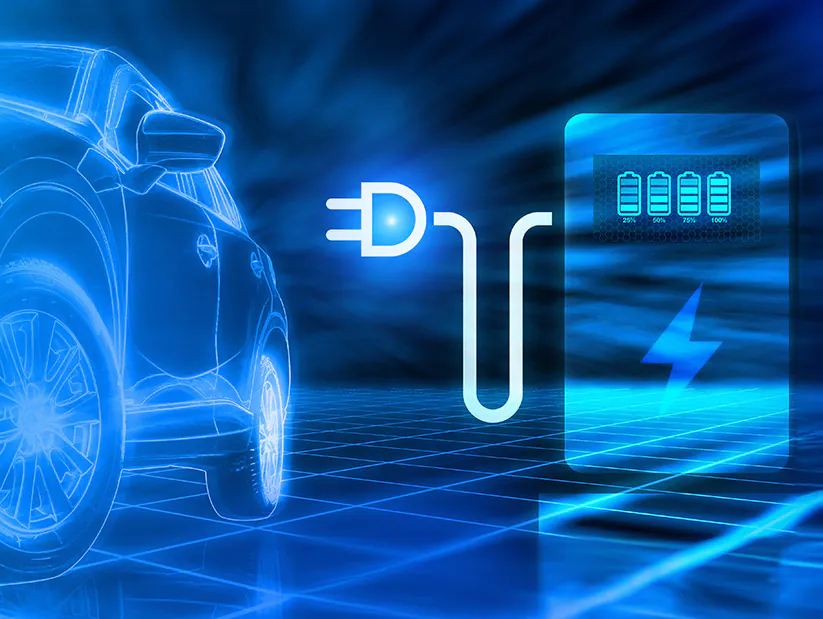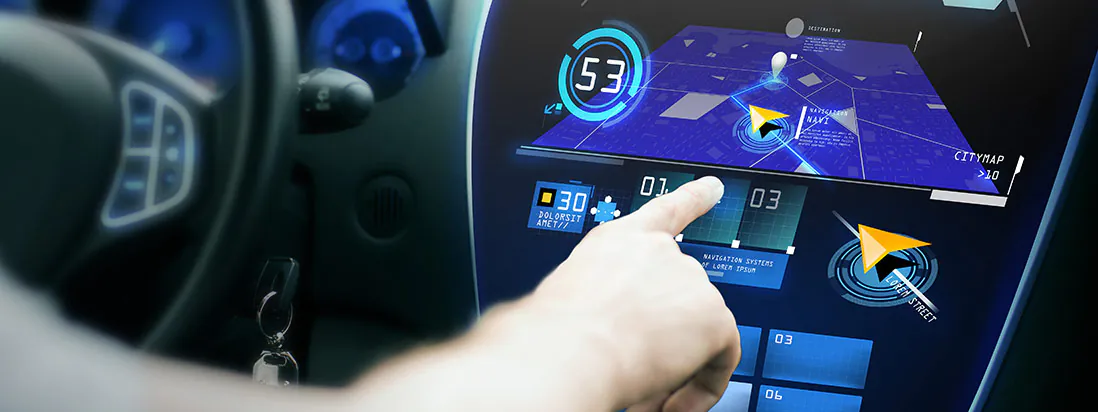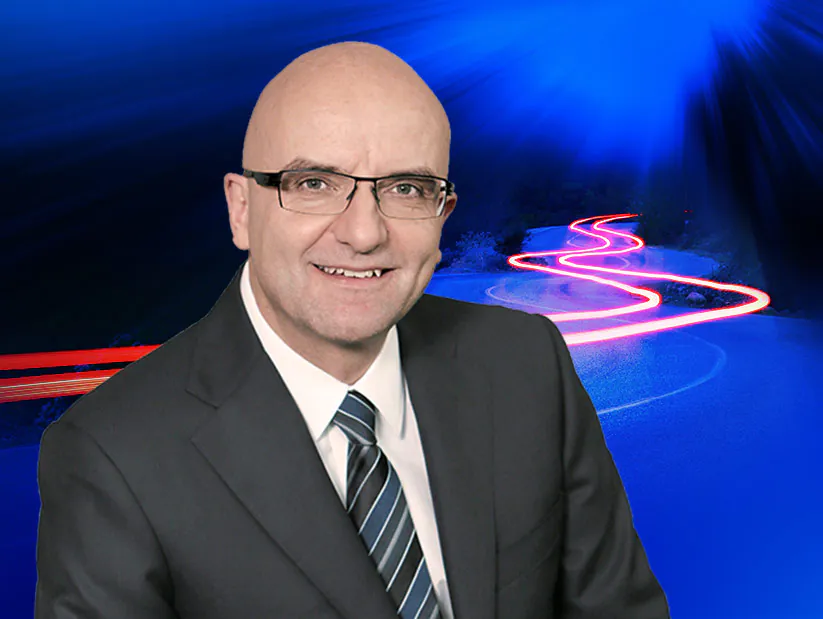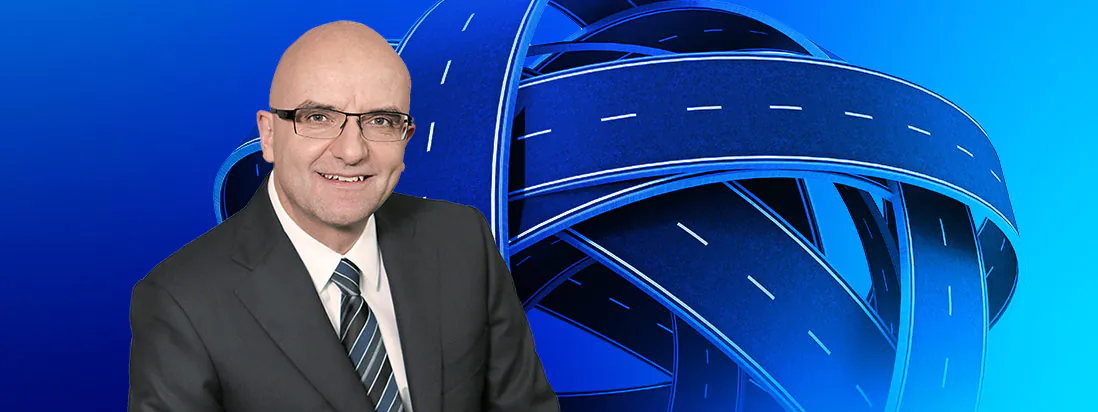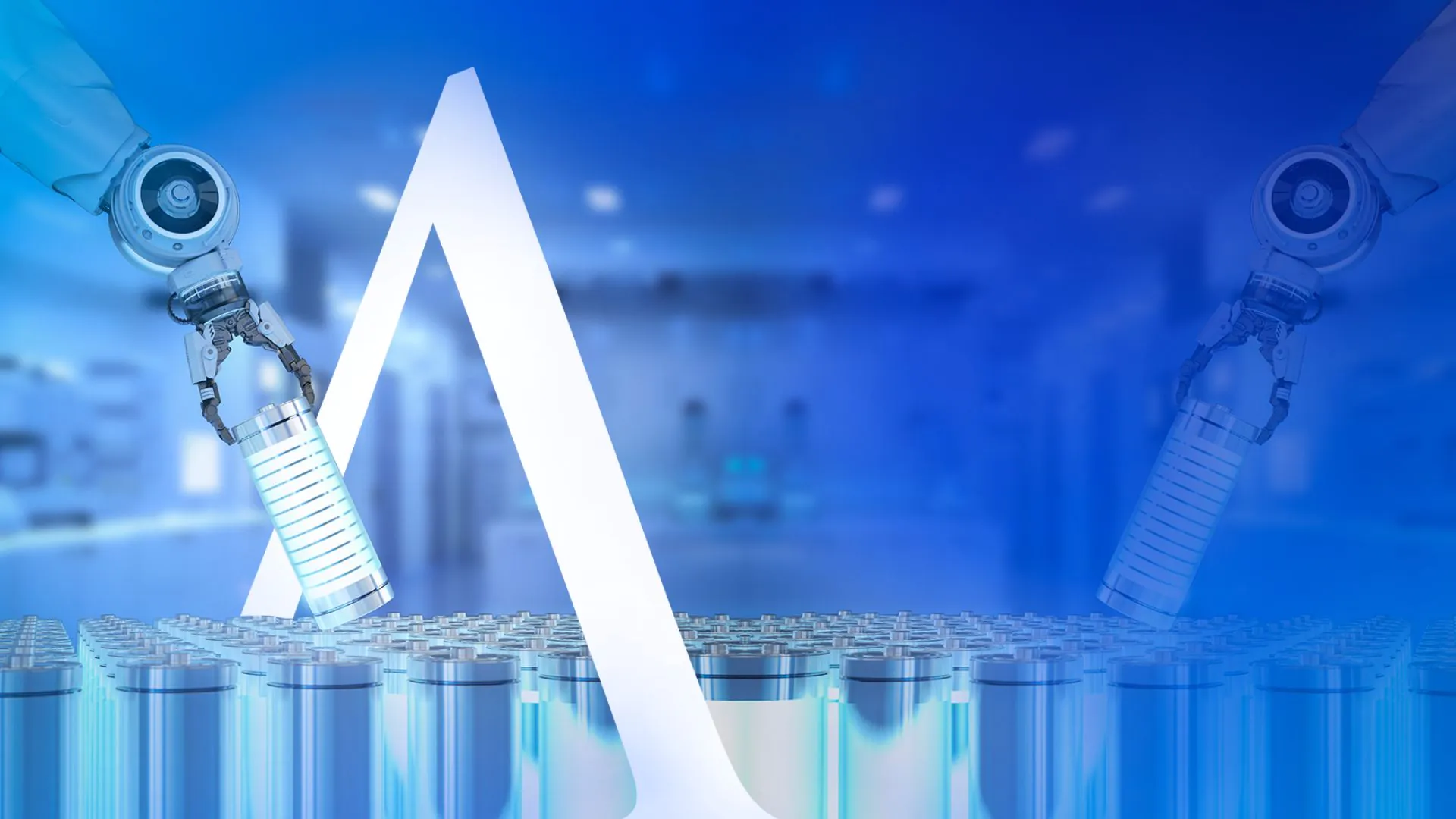
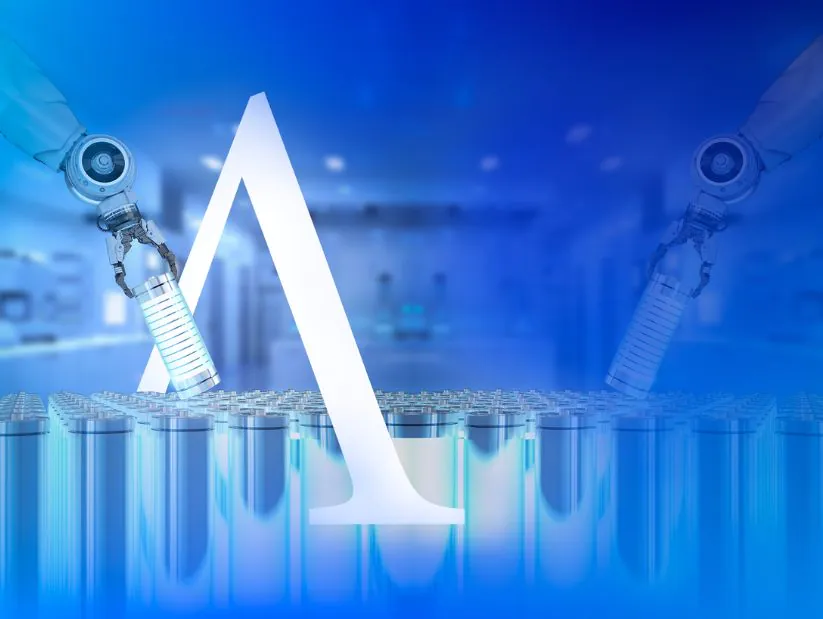
Re-Cap A·lounge
Vehicle Battery of the Future
Re-Cap
Vehicle Battery of the Future
Electric vehicles are rapidly gaining popularity worldwide, with electrified cars accounting for 30% of passenger car sales in 2023. The vehicle battery is responsible for approximately 40% of the related costs, making it a crucial factor for both range and performance. The trend from lithium-ion to solid-state batteries is gaining momentum, driven by rising demand for electricity and leading to the creation of new jobs. What does this mean for Germany as a hub for the automotive industry?
In our A·lounge Digital, Atreus Directors Stefan Randak and Robert Minge collaborated with battery specialists to explore the technological implications of the transformation, identify critical factors in the supply chain, production, and market diffusion, and discuss how these challenges can be addressed from a managerial standpoint.
The nine most important findings presented in the form of nine thesis statements:
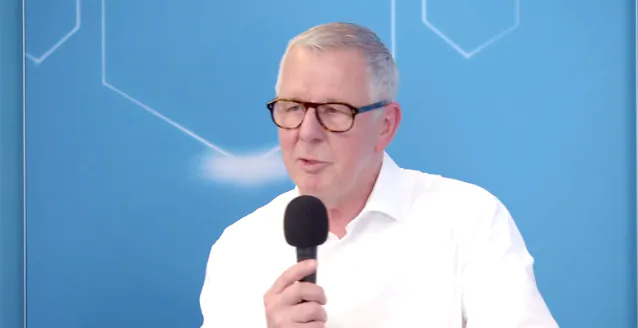
3. It will take a few more years for solid-state batteries to come into widespread use.
“The solid-state battery is on its way,” says CATL Advisor Zentgraf, “the only question is when it will truly arrive.” From the manufacturer’s perspective, the critical factors include validation and the significant safety risks associated with the vehicle. Additionally, the availability of raw materials is crucial, and they must be sourced in accordance with the Fair Battery standards. Zentgraf predicts that the next generation of batteries will be more affordable, lighter, and more energy-efficient from the start. Zentgraf also points out that Chinese manufacturers currently have a clear lead in battery production: “If you begin competing with them head-to-head at too late in the game, you may find that ‘the train already left the station.’”

6. The success of a sustainable battery supply chain hinges on the cooperatin of all stakeholders.
Supply bottlenecks, price fluctuations, unevenly distributed deposits, problems with sustainability: The raw materials for batteries are a complex factor for e-mobility, as Atreus Advisor Dr. Sabine Lutz points out. First of all, a sustainable supply chain must be transparent, which is anything but a trivial matter given its complexity. She recommends joining initiatives such as Catena-X for raw material certification or Responsible Mining Assurance for responsible mining practices. Secondly, it is wise to prioritize regional supply chains with the principle of “local for local” in mind – in other words, you need to source raw materials from where production takes place. Thirdly, it is crucial for partnerships to be established: Original Equipment Manufacturers (OEMs) and cell manufacturers must increase their strategic engagement in the upstream supply chain. According to Lutz, leading manufacturers are already striving for a high degree of vertical integration, extending “all the way down to the mine.”

7. Battery management systems will undergo significant advancements in the coming years.
Battery management systems (BMS) ensure that batteries are neither overcharged nor overly discharged and that they are not charged too quickly or at temperatures that are too cold, explains Bavertis founder Kuder. Innovative BMS also have the ability to monitor and manage individual battery cells, allowing for the future collection of extensive battery data in real-world applications. Currently, only the voltage can be measured. “The BMS should have the capacity to perform remote diagnostics,” says battery expert Jens Pohl. He also believes that artificial intelligence (AI) in BMS presents a significant opportunity. And Michael Reich from LION Smart reports that his company can draw on several billion kilometers of field experience thanks to a partnership with BMW.
Our panelists
Replay from A·lounge Digital from March 21, 2024
Missed the event? Watch the replay with the most important insights: (in Germany only)

Atreus hosts
You may also be interested in these topics:
 +49 89 452249-540
+49 89 452249-540 
